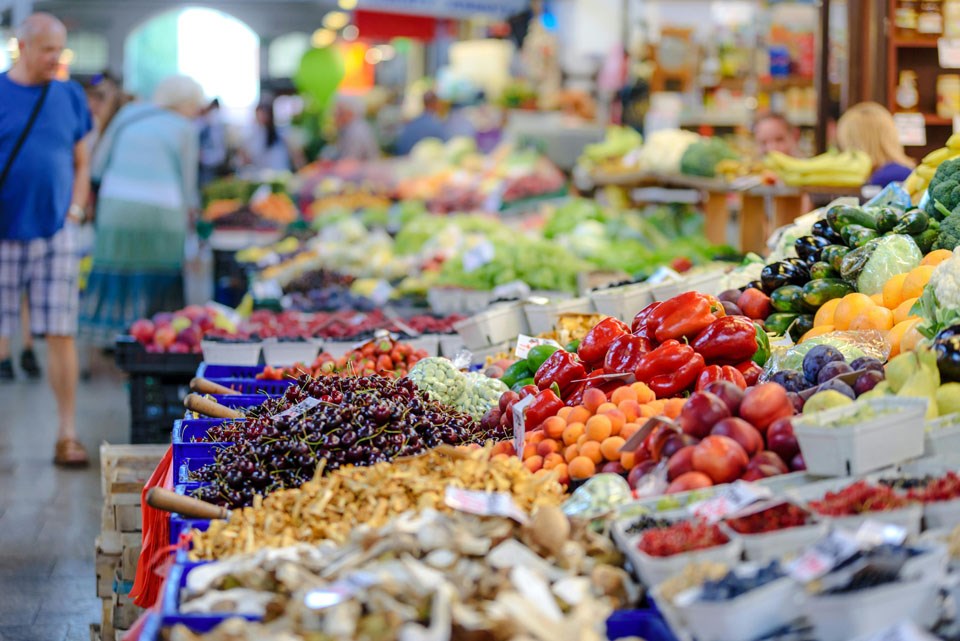WESTERN PRODUCER — Amidst trade tensions, the Canadian organic sector has opportunities to expand into many markets but needs support and investment from the federal government to be competitive, say industry representatives.
“Other countries have recognized the opportunity that the organic sector has, both in terms of meeting some of their economic goals, some of their environmental and social goals, and they have invested significantly in the organic sector,” said My-Lien Bosch, government relations and regulatory affairs manager with the Canadian Organic Trade Alliance (COTA).
“In order for Canada to compete, we need to do that.”
Bosch spoke as part of an online panel discussion on the upcoming federal election, hosted by the Canadian Organic Alliance on March 27.
Election priorities
The Canadian Organic Alliance has identified two categories of election priorities, said Bosch: quick wins and catalytic investments.
Quick wins include an organic data strategy and a streamlined organic standards review process. It also included positive feedback from policymakers.
“We know that data is going to be able to unlock a lot of things that we can have to make decisions in our businesses, on our farms, and be able to help us plan for the future,” Bosch said.
In other countries, organic standards reviews are government funded, Bosch added, whereas in Canada organic groups have to advocate for government help every few years.
Catalytic investments, defined as “longer-term investments, balancing production and market growth, to grow the Canadian economy,” included an organic market development fund, which Bosch said has worked well in other countries to create a more stable market.
Ongoing research and support are also long-term needs.
Bosch added that other countries invest far more in their organic sectors than Canada does. She said for every dollar Canada invests, the U.S. invests eight dollars, and the EU invests 200 dollars.
“So absolutely this needs to step up,” she said.
Effects of tariffs on organic
Panelists also discussed the need for competitiveness and the potential to expand into other markets as tariffs threaten to disrupt Canadian trade with the U.S.
Canada trades $1.797 billion in organic goods to the U.S., said COTA executive director Tia Loftsgard. As of March 27, goods under CUSMA rule of origin regulations were excluded from tariffs.
The trade situation continues to evolve, however, and Canada and the U.S. are each other’s largest organic trading partners. The two countries have had a sixteen-year agreement organic equivalency agreement that has facilitated seamless trade, COTA’s website says.
“We certainly have been indicating that if we lose these markets, farmers will leave organic,” Loftsgard said, adding that it takes three years to transition farm production back once organic certification is lost.
Loftsgard said COTA is in regular communication with federal officials and has been told that they’ll continue to get updates despite the upcoming election.
About the author
Related Coverage
Canada should increase canola consumption
Carney says supply management “off the table” in negotiations
SARM president asks governments not to ignore rural voices
U.S. auto sector tariffs likened to scoring on their own net
Manitoba budget includes tariff help for farmers
Manitoba invests up to $1.5 million to create tariff response program




